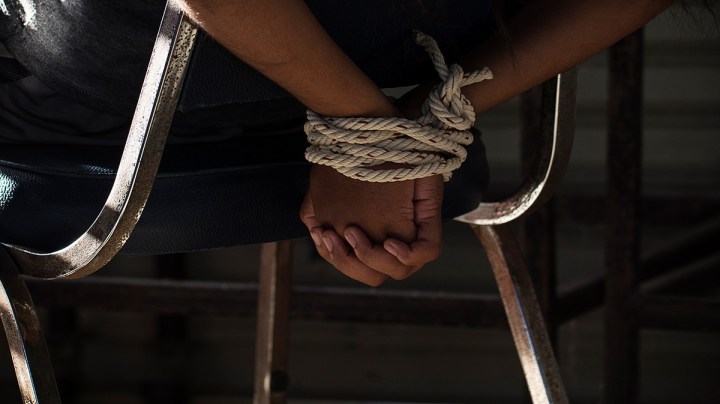This Cuban Asylum Seeker Shares Details of Being Kidnapped in Mexico

Photo by Manop Boonpeng / EyeEm via Getty Images
Footage obtained by VICE World News shows two kidnapped asylum seekers from Cuba begging for their lives as their captors force them to call their families for ransom money.
The incident, which took place in Mexico, is not a rare occurrence. VICE reports that thousands of migrants are victimized every year.
Along with the footage, VICE interviewed one of the men, a lawyer, who shared his experience in incredible detail. He told VICE that he offered the footage to them and agreed to speak because he wanted to show the world what was happening in Mexico.
“The level of insecurity that’s here in these border zones that are so riddled with violence and kidnappings,” the man said. “It’s not that it will change, but it’s a start so people can begin to know the risk that migrants face when they ask for asylum in the U.S.”
The man who spoke anonymously said he tried to reach Florida by boat at least three times since 2006 but was captured and sent back to Cuba. When he changed his approach and made it to South America by airplane, he immediately became prey for human traffickers.
“They follow behind every bus looking for migrants in order to extort you,” he said.
Once he made it to Texas, he turned himself in to Border Patrol and filled out the necessary paperwork to get his day in immigration court. But because of the “Remain in Mexico” policy implemented by the Trump administration, he was sent to Mexico to wait for his court date. Not even a month had passed when the two Cubans were kidnapped by men in a Mexican police vehicle. “I thought I was going to die,” he said.
After five days, the men were released after the ransom was paid. “Throughout this long journey, there were various times when I could have died,” he said. “How could the United States send us–migrants, without any knowledge of the area, without any resources—to wait for our asylum cases in these cities that are so dangerous?”